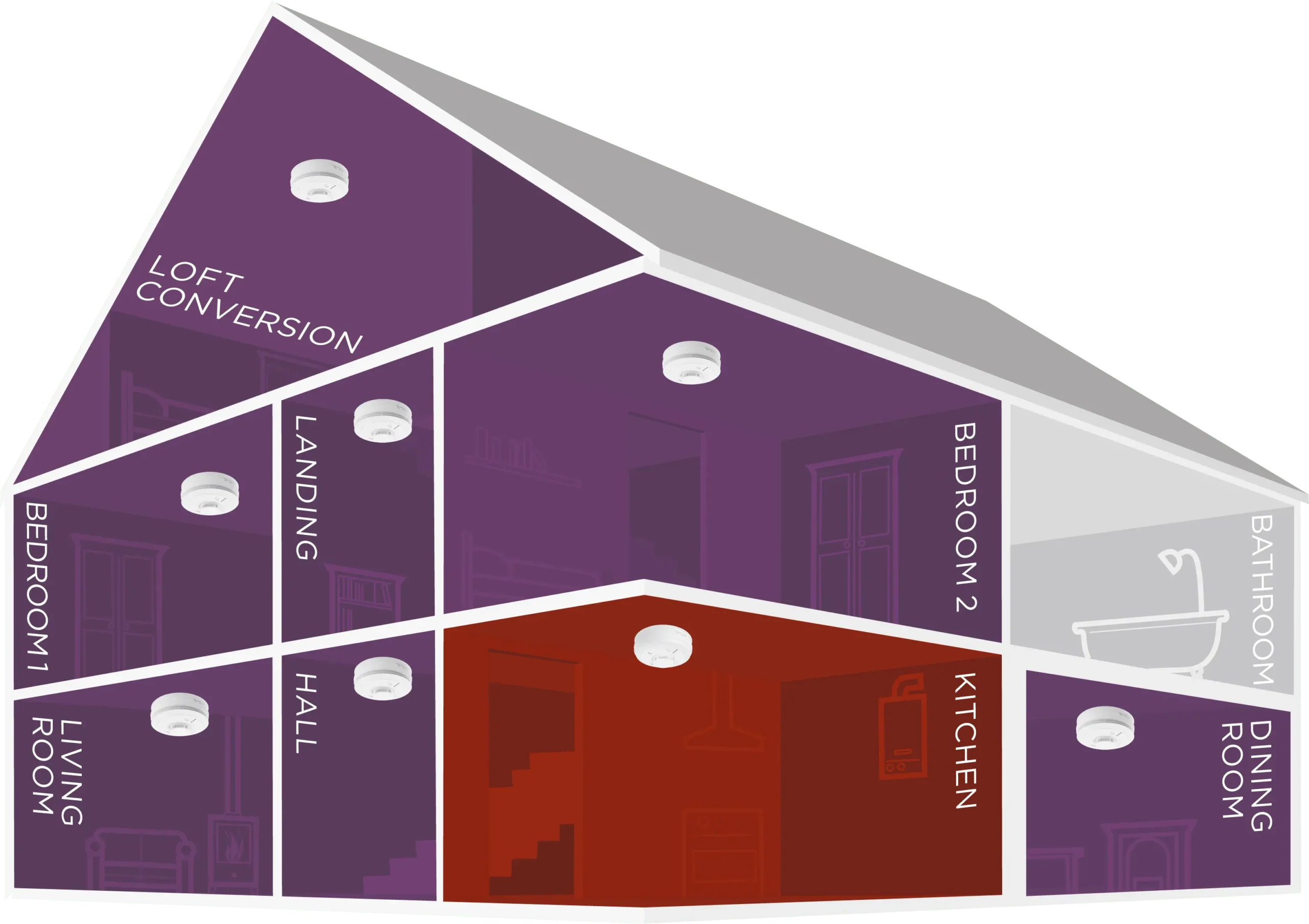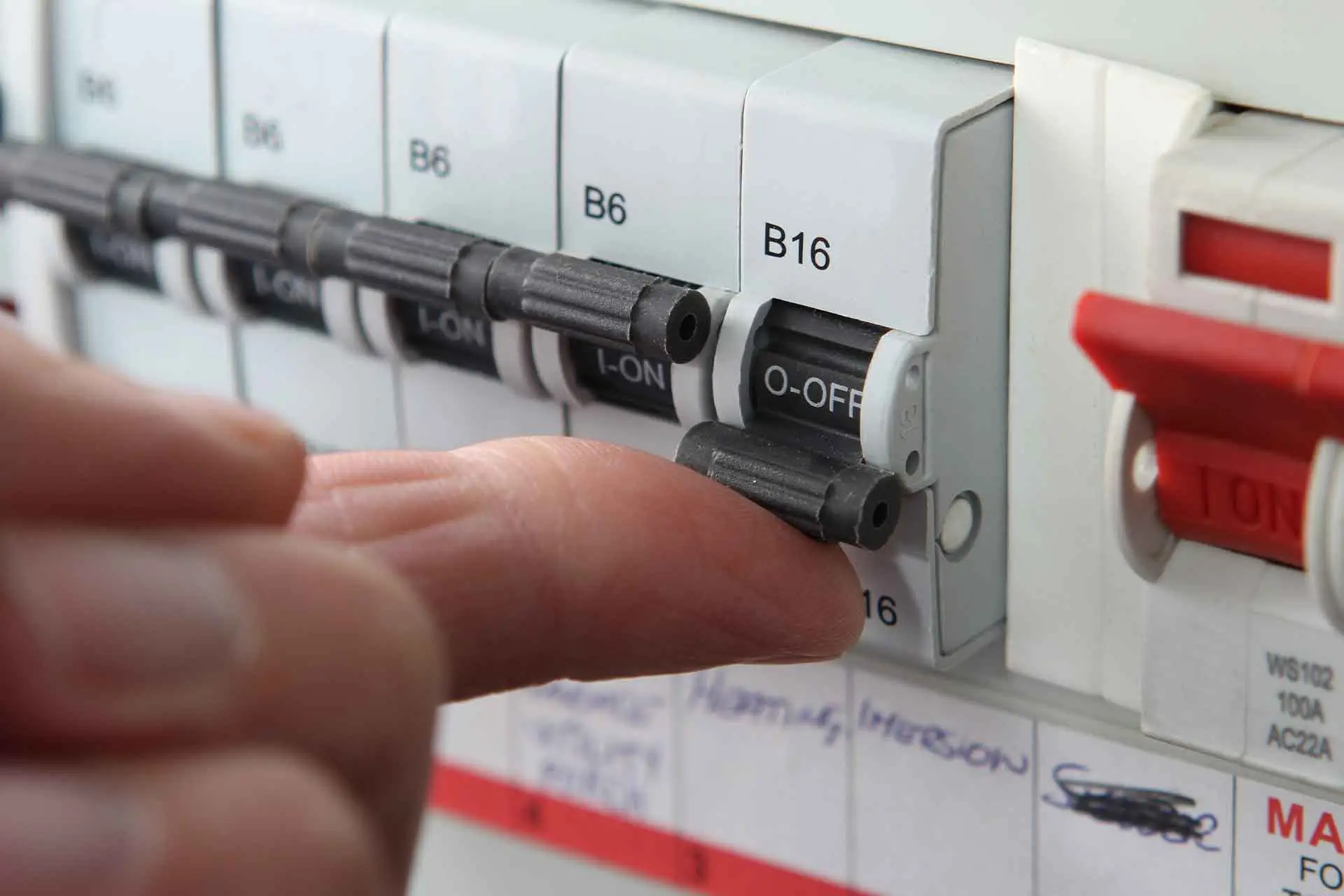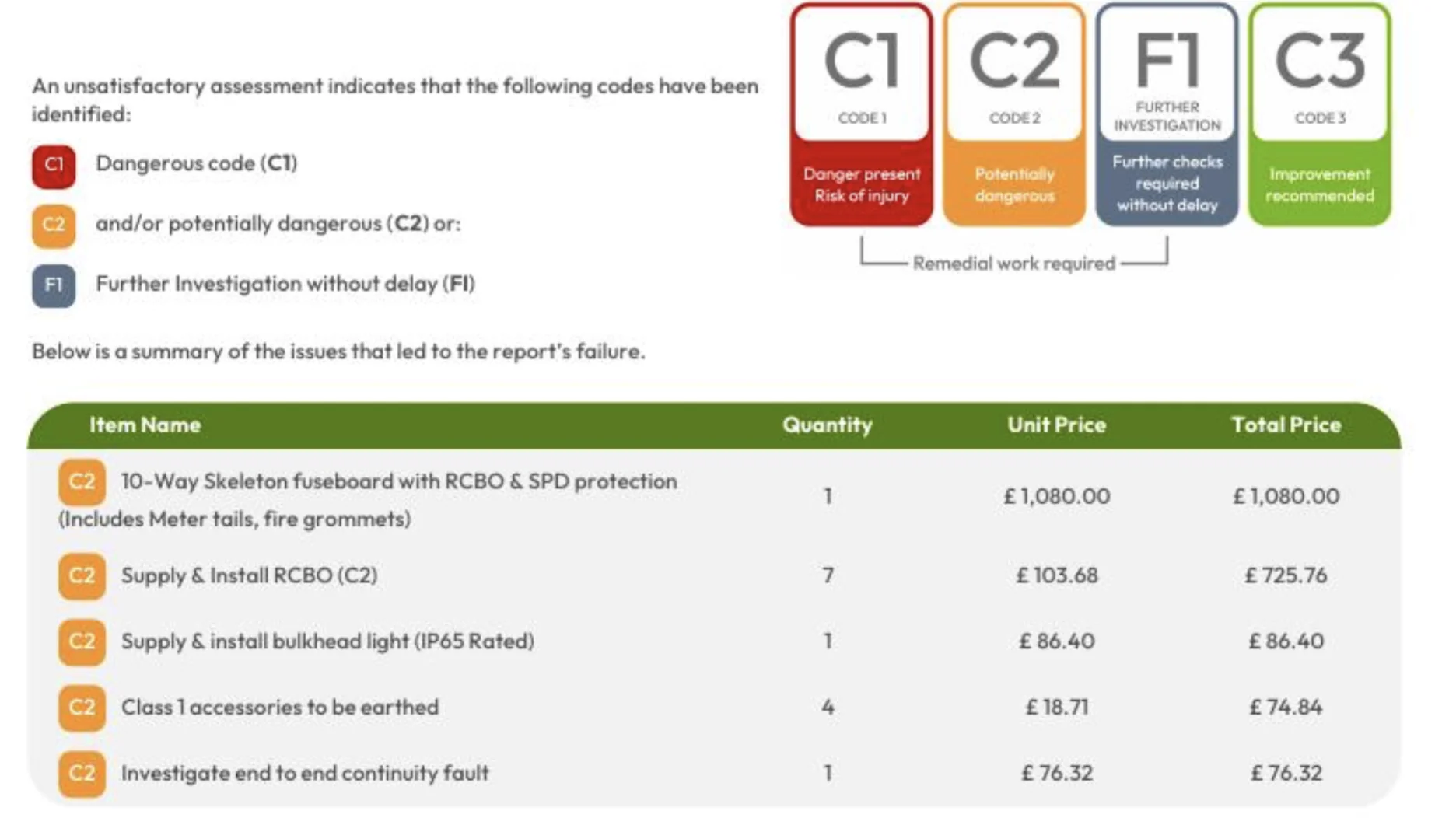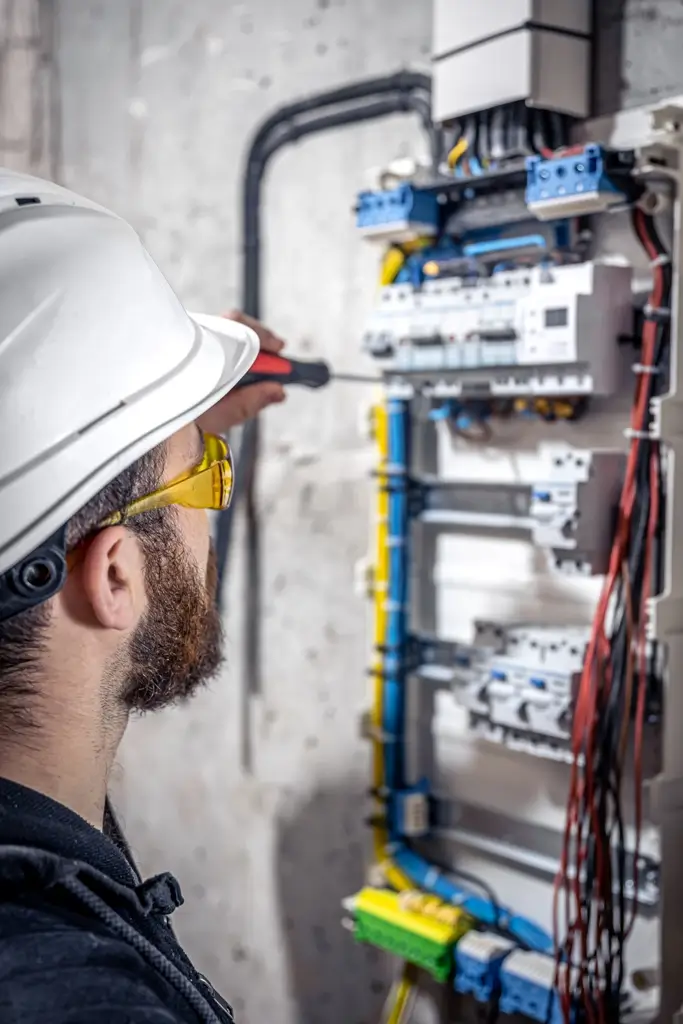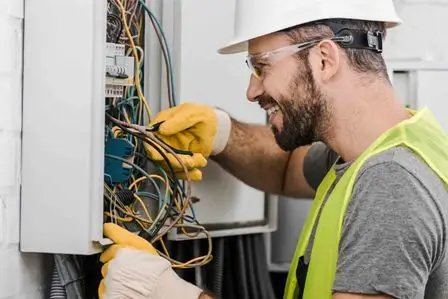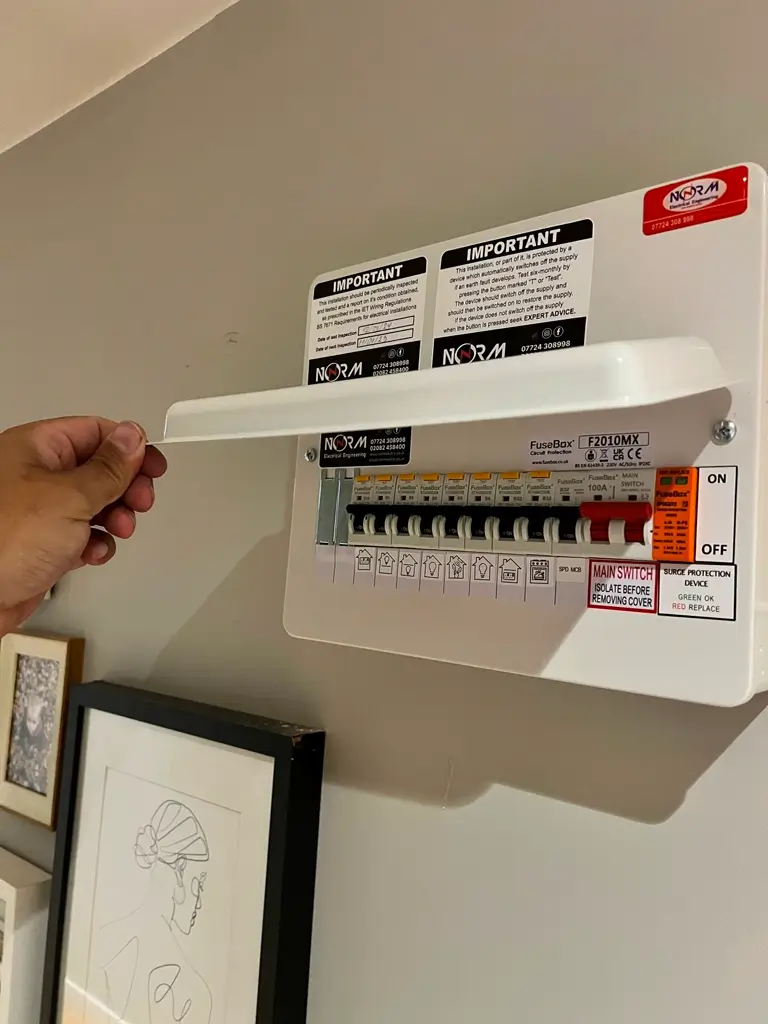10 Signs You Need to Call an Electrician – Before It’s Too Late
Introduction:
Electrical issues are often seen as small, manageable problems, but they can quickly escalate into serious hazards. Whether you’re dealing with flickering lights, frequent circuit breaks, or outdated wiring, knowing when to call an electrician is crucial to maintaining a safe living or working space.
At Norm Electrical Engineering, we want to help you avoid costly repairs or worse—dangerous situations caused by unresolved electrical problems. Recognizing the signs of an underlying electrical issue early can make all the difference. This guide highlights the 10 warning signs that indicate it’s time to call in the professionals.
Read on to learn how to spot these problems and how to handle them before they become a bigger issue.
Why It’s Important to Act Fast ⏱️
Electrical problems, if left unchecked, can lead to fires, electric shocks, or even death. According to Electrical Safety First, overheating or faulty wiring accounts for a significant number of electrical fires in UK homes each year.
Ignoring the early signs can be a costly mistake. The UK Government urges homeowners to address any electrical faults immediately to avoid long-term damage, costly repairs, and preventable accidents.
1. Flickering or Dimming Lights 💡
What It Is: If your lights are flickering or dimming randomly, it could be a sign of a faulty connection or an overloaded circuit.
| Issue | Possible Causes |
|---|---|
| Flickering Lights | Loose wiring, faulty bulb, or overloaded circuit |
| Dimming Lights | Faulty fixture or circuit issues |
Why You Need an Electrician: This could be more than just an annoying issue—it could indicate that your system is overburdened or that your wiring is damaged. In the worst-case scenario, overloaded circuits can lead to fires. If simple fixes like replacing bulbs don’t help, contact an electrician immediately.
What to Do: Have an electrician inspect your wiring to check for damaged connections or outdated electrical systems.
2. Frequently Tripped Circuit Breakers 🔌
What It Is: Circuit breakers that frequently trip are trying to protect your system from potential overloads. But if they trip too often, it could point to serious electrical faults.
| Problem | Possible Causes |
|---|---|
| Frequently Tripping | Overloaded circuits, faulty breaker, faulty appliance |
Why You Need an Electrician: Frequent trips can be caused by an overloaded circuit, damaged breaker, or faulty wiring. Continuing to reset the breaker without addressing the underlying issue can create dangerous conditions. Gov.uk recommends having an electrician inspect your system for faults.
What to Do: Stop resetting the circuit breaker repeatedly. Call an electrician to troubleshoot and resolve the issue.
3. Burning Smells or Sparks 🔥
What It Is: Smelling burning odors or seeing sparks coming from electrical outlets or switches is a red flag for overheating wiring or damaged components.
| Problem | Possible Cause |
|---|---|
| Burning Smell | Overheated wires, faulty appliance |
| Sparks from Outlets | Faulty wiring or loose connections |
Why You Need an Electrician: This is a serious safety hazard. Electrical Safety First recommends that you immediately stop using the affected appliance or outlet and call an electrician. Continuing to use faulty wiring or equipment can result in fires or electric shocks.
What to Do: Turn off the power and unplug any faulty appliances. Call an electrician for a thorough inspection.
4. Outdated Fuse Box or Wiring ⚡
What It Is: Older homes with outdated fuse boxes or wiring may not be able to safely handle modern electrical demands.
| Problem | Solution |
|---|---|
| Outdated Fuse Box | Upgrade to a modern breaker system |
| Old Wiring | Rewire home to meet current safety standards |
Why You Need an Electrician: If your home is more than 30 years old and hasn’t had an electrical update, it’s highly recommended to upgrade your fuse box and wiring. Gov.uk advises that homes with outdated systems are more likely to experience issues like short circuits or electrical fires.
What to Do: Have an electrician assess the safety of your system and recommend upgrades if needed.
5. High Electric Bills 💸
What It Is: A sudden rise in electricity usage can be a sign of faulty appliances or inefficient electrical systems.
| Problem | Possible Cause |
|---|---|
| High Electric Bills | Inefficient appliances, damaged wiring |
| Excessive Power Usage | Electrical leakage, old appliances |
Why You Need an Electrician: Excessive energy consumption can be caused by faulty wiring or inefficient appliances. Electrical Safety First highlights that these systems are inefficient, costly, and dangerous.
What to Do: Get an electrician to inspect your electrical system. They can offer suggestions to upgrade your appliances or improve your wiring to reduce costs.
6. Loose or Faulty Outlets 🔌
What It Is: Outlets that feel loose, or fail to hold plugs, are often the result of worn wiring or loose connections.
| Problem | Possible Cause |
|---|---|
| Loose Outlet | Worn-out wiring or faulty connection |
| Faulty Outlet | Short-circuiting or damaged wiring |
Why You Need an Electrician: Loose outlets are a major fire risk, and faulty outlets can cause electrical shocks. Electrical Safety First advises that all outlets be checked regularly for damage.
What to Do: Don’t use faulty outlets. Call an electrician to replace and repair damaged connections.
7. Electric Shocks ⚡
What It Is: If you experience even a small electric shock when touching an appliance or switch, there’s a serious problem with grounding or wiring.
Why You Need an Electrician: Electric shocks are signs of faulty grounding or damaged wiring that could cause more severe electrical hazards. Gov.uk warns that neglecting these issues can lead to dangerous situations.
What to Do: Turn off the power and stop using the affected appliance. Call an electrician immediately to investigate the issue.
8. No Power in Specific Areas of the Home 🏡
What It Is: If some rooms or appliances have no power despite other parts of your home working fine, this could indicate a tripped circuit or damaged wiring.
| Problem | Possible Cause |
|---|---|
| Power Loss in Rooms | Faulty breaker, damaged wiring |
Why You Need an Electrician: This is often a sign of short-circuits or disconnected circuits. Electrical Safety First warns that this issue can worsen over time, causing total power loss or risk of fire.
What to Do: Call an electrician to identify and fix the problem.
9. Overheating Outlets or Switches 🔥
What It Is: If outlets or switches feel warm to the touch, it’s likely they are overloaded or have damaged wiring.
Why You Need an Electrician: Overheating outlets can be a serious fire risk if not addressed. Gov.uk explains that this issue can escalate quickly and should not be ignored.
| Problem | Possible Cause |
|---|---|
| Overheating Outlet | Overloaded circuits, faulty wiring |
What to Do: Turn off the circuit and have an electrician inspect the outlets or switches to ensure they are safe.
10. Lights Don’t Work Despite New Bulbs 💡
What It Is: If you replace a bulb and the light still doesn’t work, the problem could lie in the fixture or wiring, not the bulb.
Why You Need an Electrician: A light that doesn’t turn on despite changing the bulb can indicate a faulty fixture or wiring issues. Electrical Safety First warns against ignoring this problem, as it can point to a larger issue in your electrical system.
| Problem | Possible Cause |
|---|---|
| Light Won’t Work | Faulty fixture or wiring issue |
What to Do: Have an electrician inspect and repair the fixture or wiring to ensure everything works safely.
Conclusion:
Ignoring electrical problems is a recipe for disaster. By recognizing these 10 warning signs, you can avoid costly repairs, downtime, and dangerous electrical accidents. Don’t wait until it’s too late—contact Norm Electrical Engineering today for expert, safe, and reliable electrical services.
For more information on electrical safety or to schedule an inspection, visit Norm Electrical Engineering.
Helpful Links:
Electrical Safety First: Electrical safety tips and guidelines.
Gov.uk – Electrical Safety: Essential safety resources for UK homeowners.



